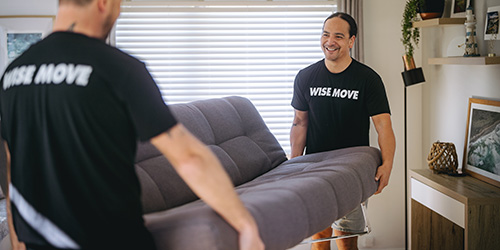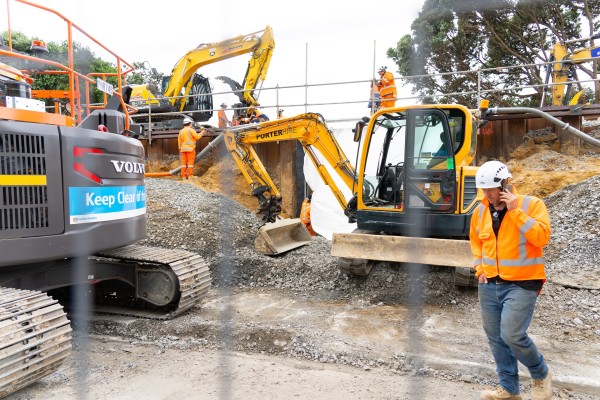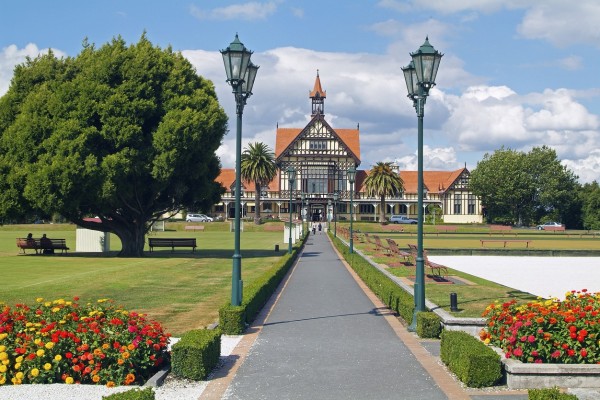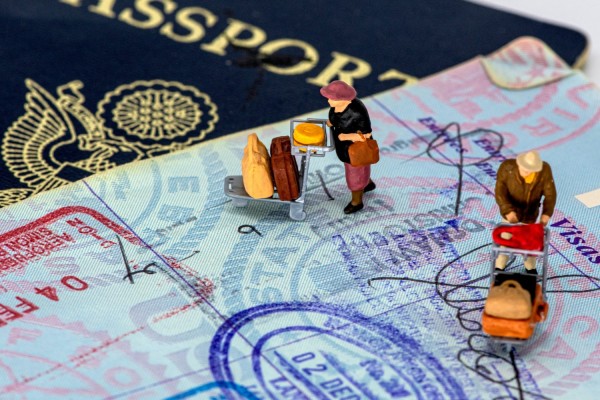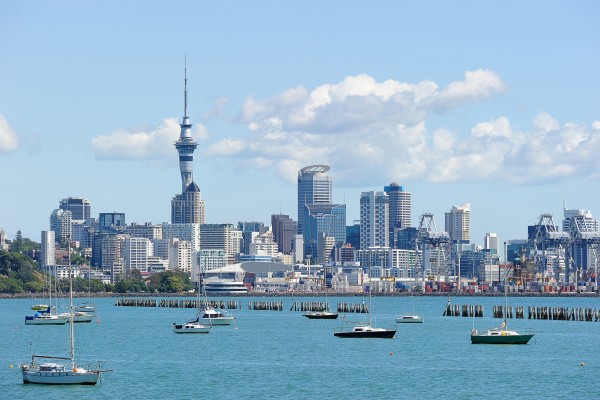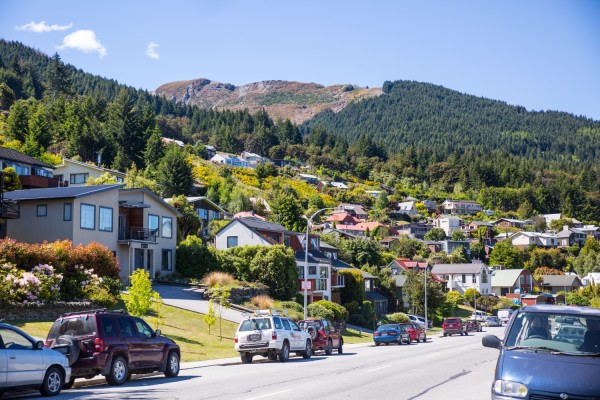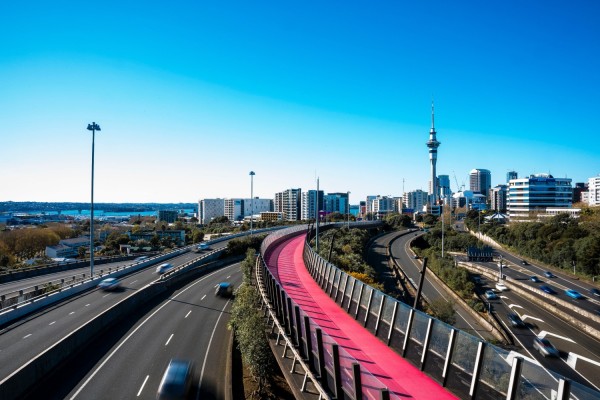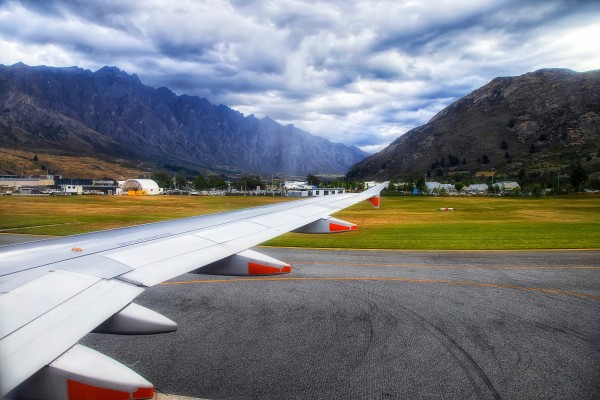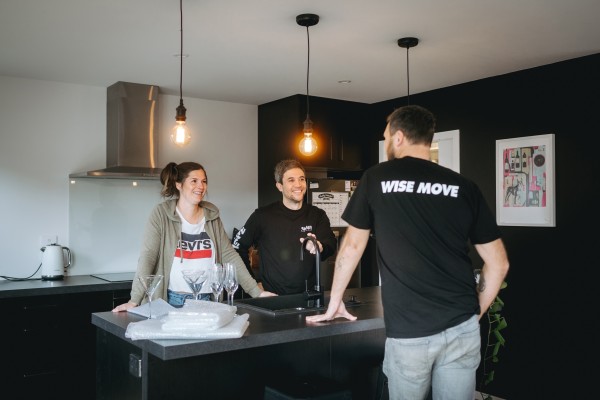Surviving and Thriving as an expat in New Zealand: A guide to integration

Moving to a new country is a journey, and adjusting to the new culture can take some time. While New Zealand is a friendly place, you’re likely to feel some sense of culture shock or isolation after you’ve moved.
It’s normal to feel excited, fearful and even regretful about moving to a new country. This is known as the ‘settlement curve’. Most people enjoy the first 3-9 months of their settlement journey but find months 9-21 the most difficult. This is usually when the fun and excitement of moving away from home disappears, and the frustration of learning a new culture settles in. Maybe you start missing family and friends or find it hard to meet new people.
Whatever the case, knowing that this feeling usually passes can help make the transition easier. Once most immigrants hit the 2-year mark, they feel settled in, have close friends and community and have no regrets about moving. It’s important to know that negative feelings can be normal and aren’t necessarily a sign that you should move home. Our guide to integrating into New Zealand culture can help you feel more at home in Aotearoa.
What most immigrants struggle with after moving to New Zealand
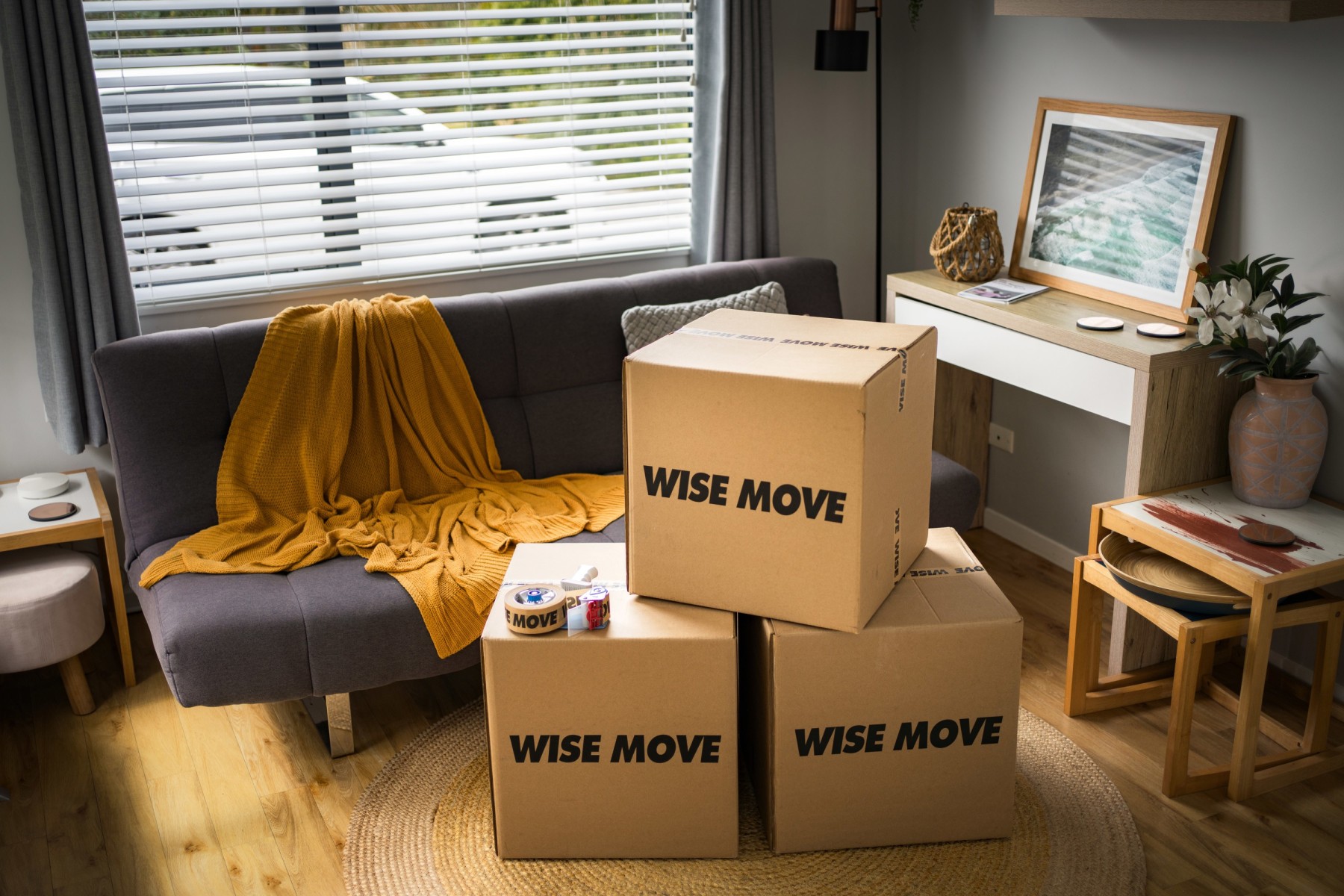
Most immigrants will struggle with some sense of homesickness after they move to New Zealand. For some people, it can pass quickly, while for others, it can take time. However, most people feel settled into a new culture two years after their move. There are some unique things that immigrants struggle with after moving to New Zealand. Knowing what these are before you move can help you deal with homesickness. You might struggle with:
The isolation
New Zealand is further away than many people realise. It can easily be a 15-20 hour flight from your old home to your new country of New Zealand. When homesickness kicks in, it can be hard to accept that you can’t just fly home at the drop of a hat.
Everyday Expenses
Depending on where you move from, some people struggle with the cost of living in New Zealand. Our isolation is part of why the country can be so expensive. On the plus side, Kiwis put low emphasis on material possessions, so don’t feel like you have to buy things in order to keep up appearances.
Cultural Values
New Zealand might be a colonised English-speaking country, but that doesn’t mean it has the same culture as the UK or Australia. New Zealanders are friendly but polite and less direct than some other Western cultures. They also value humility and treating all people similarly.
Workplace Differences
In the workplace, you might find that people are a lot friendlier and more informal than what you are used to. Most Kiwis enjoy talking to their colleagues before the start work or during morning tea. Many people also Friday evening drinks with their colleagues after work. Another thing worth knowing is that Kiwis like a high level of autonomy at work compared to other countries.
How to make friends in New Zealand
While New Zealanders are friendly, you may find it takes some time to make friends, especially if you move to a smaller town.
Get online
In large cities, you can use apps like Bumble BFF, websites like Meetup or join Facebook groups to meet like-minded people. Meeting friends online is a common way to meet people, especially if you have niche interests. If you can’t find a group you are interested in, think about starting your own!
Get to know your work colleagues
While you might not become best friends with your work colleagues, Kiwis value being friendly in the workplace. If someone takes the time to bring in a cake or there’s an opportunity to socialise while at work, take it.
Join a work sports team
Another way of getting to know people is by joining a social sports group. Many workplaces have social rugby league, netball or basketball teams that play together once a week. Ask your colleagues about any social sports teams that they know of as a way of making friends.
Join a sports club
If you don’t have a workplace sports team to join, think about joining a sports club. Sports are a huge part of the Kiwi way of life. Even small New Zealand towns usually have local tennis, netball and rugby clubs and these clubs are often small and quite close-knit. In bigger cities, you’ll find a wide range of sports clubs to choose from.
Say yes to all new social opportunities
New Zealanders aren’t the most persistent people when it comes to friendships. If you often decline invitations to hang out (even if you have genuine excuses), people might assume you don’t want to be included. Where possible, say yes to new social opportunities or tell people that you can’t come this time but would like to come to the next event.
Don’t worry if this sounds exhausting! It’s a good way to get to know people at first. The longer you live in New Zealand, the more you’ll get to know people and the more selective you can be about socialising.
Take a course or learn a new skill
If you’re moving somewhere new, an after-work course or skill is a great way to meet people, expand your horizons and make good use of your time. Even if you don’t meet anyone you click with, you might go on to join a new group of like-minded people through that skill in future.
Get outdoors regularly
Kiwis are friendly and love the outdoors. Joining a hiking or tramping group in your local city is a great way to see more of New Zealand while meeting new people.
Meet up with your expat community
While it’s always good to try and make New Zealand friends (as they don’t tend to move as much as foreign ones), no rules are saying you can’t make friends with other ex-pats from your home country. New Zealand has big UK, US, Irish, Chinese, Indian, Samoan, Fijian, and Tongan communities. Looking for sports, cultural and church groups you can join can help you feel a little less homesick while you are here.
Ask people from home who they know in New Zealand
You’d be surprised how small the world really is. While it’s a commonly accepted idea that there are six degrees of separation between people worldwide, in New Zealand, it is often suggested that most individuals are only two degrees of separation away from each other. Before you move to New Zealand, ask your community about their connections to this country. You might find that an old friend, family member, or associate has family or friends here.
What do our customers say?







For every (wise)move
